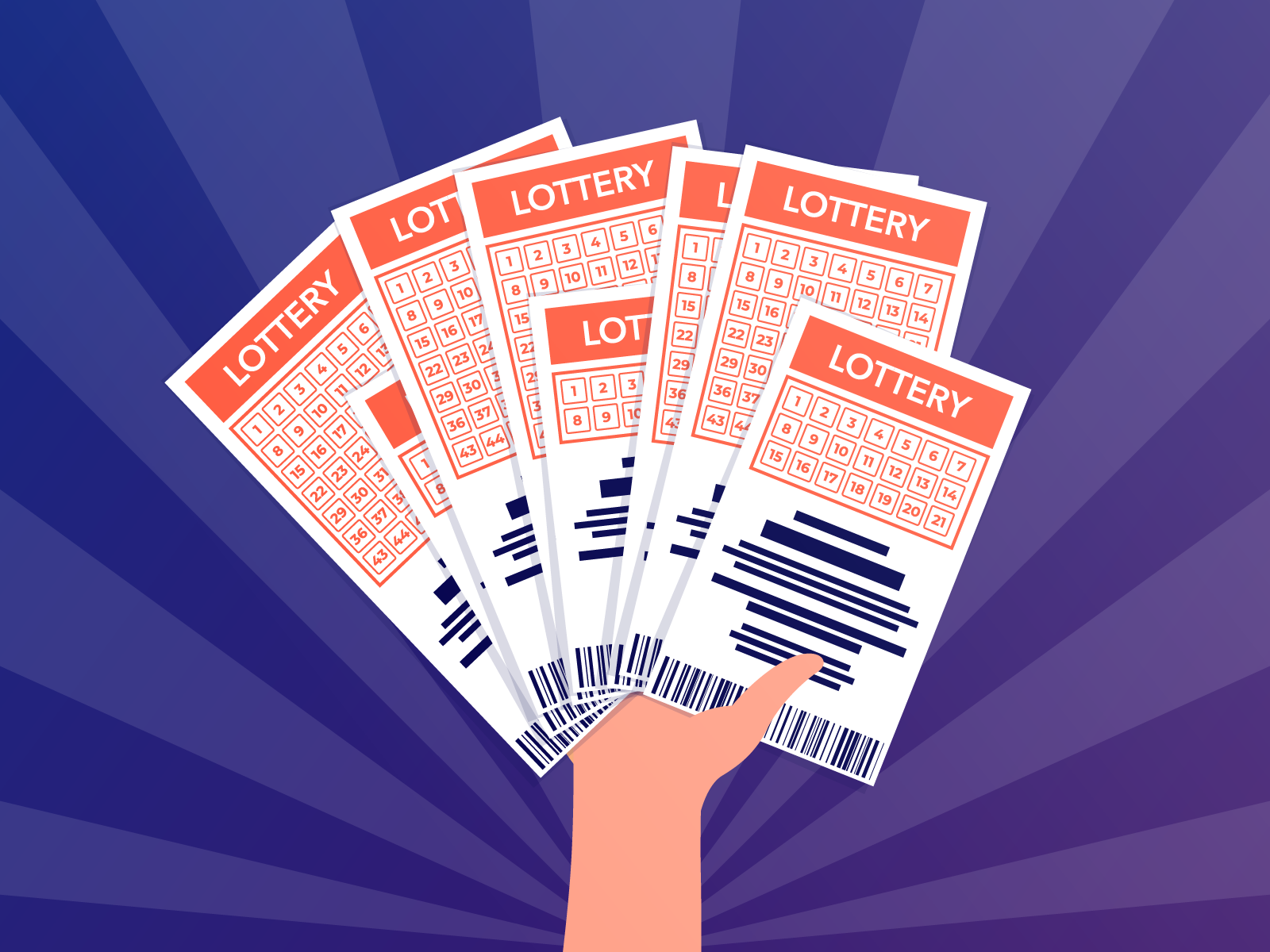
Lottery is a form of gambling in which tickets are sold and prizes are awarded by chance. Lottery prizes are often cash, but other valuable goods may be offered. Prizes are allocated by a process that relies wholly on chance, such as a drawing of lots. Prizes can be given away in many ways, including at dinner parties, as part of Saturnalian feasts (during which guests would draw symbols on pieces of wood to determine their heirs), or at public events.
States rely on the money generated by lotteries for a variety of state and local projects, from roads to schools. But critics argue that the arrangement is not as “voluntary” as its name suggests, because lottery revenue is a form of taxation. Moreover, it is considered to be regressive, because it places a heavier burden on the poor than the wealthy.
Supporters of lotteries point to several reasons why the public loves to play them. They say that people love to gamble, and the large jackpots attract attention. They also say that lotteries siphon money from illegal gambling and are a way for state governments to get more services without raising taxes on their residents.
Lotteries are common in the United States, and they raise billions of dollars for a variety of purposes. During the eighteenth and nineteenth centuries, when the nation’s banking and taxation systems were developing, it was especially useful for states to find ways to raise large amounts of capital quickly for infrastructure projects. Thomas Jefferson used a lottery to pay off his debts, and Benjamin Franklin held one to buy cannons for Philadelphia.